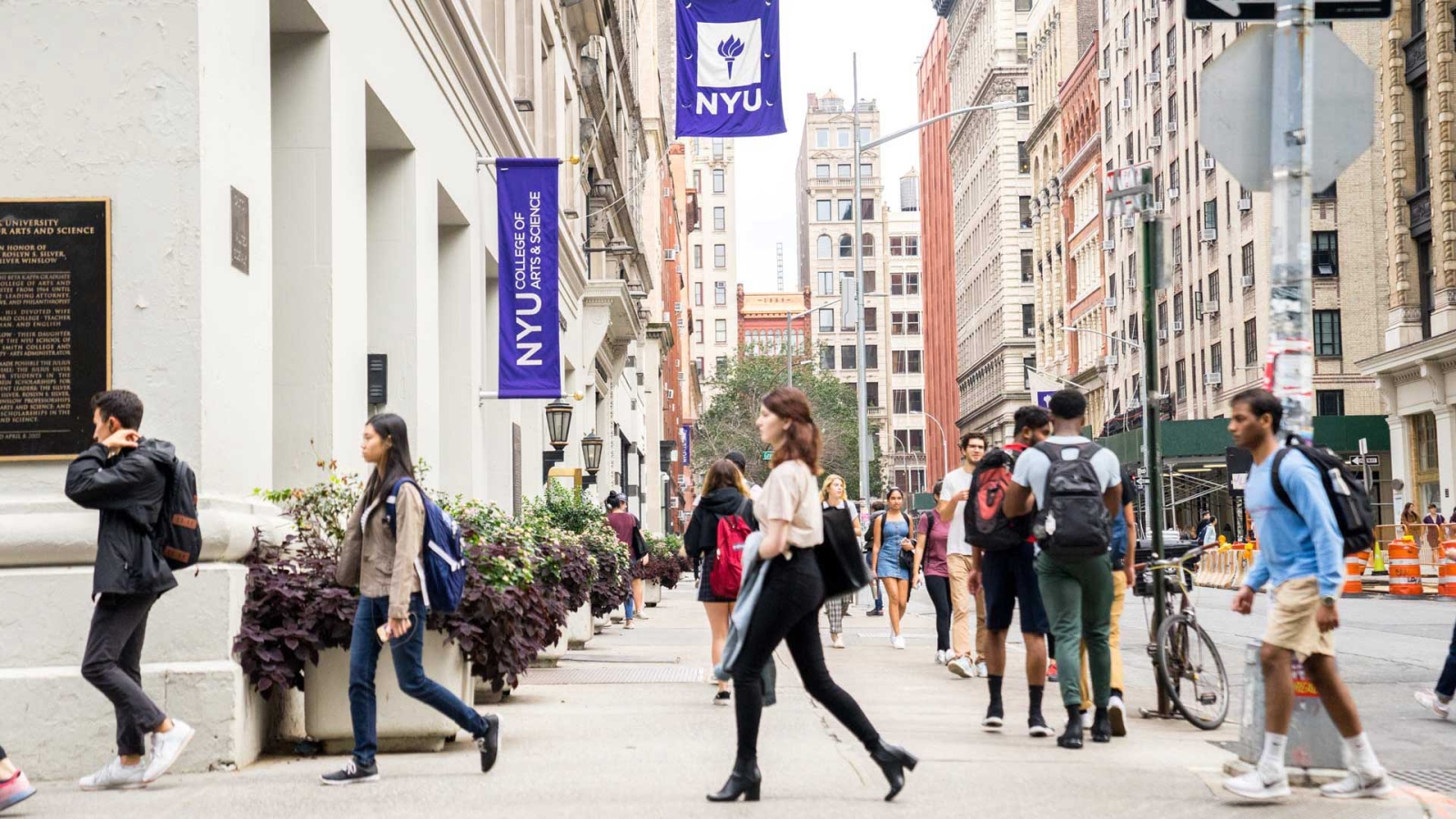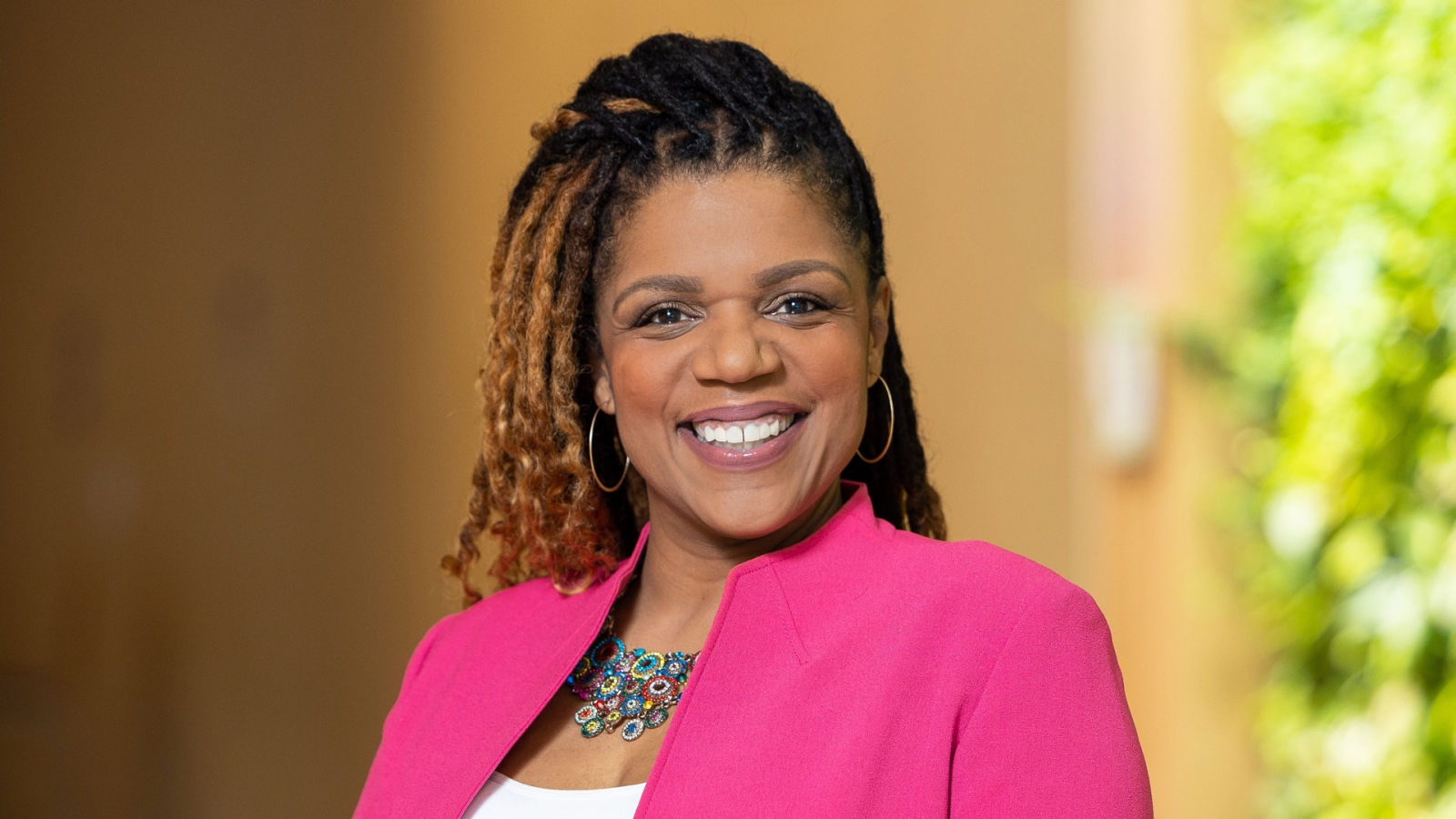A disease doesn’t respect borders. Global health leaders must fight tomorrow’s pandemic today by ensuring health equity across the globe.
In 2019, before we could have imagined that Covid-19 would rob the globe of over 6.5 million lives – over 1 million in the US alone – to most of us, the notion that our world could come to a halt was unfathomable. Few fully comprehended what public or global health really meant until this virus began its deadly drumbeat in 2020. Some might say, “and the rest is history,” but I’d echo Shakespeare and say “the past is prologue.”
While the terms global health and public health are often used interchangeably, the differences between them merit deliberate discussion. Public health professionals work in a local context, ranging from the level of a community, state, region or nation. Global health professionals work internationally to create sustainable population-level health solutions for all people regardless of geography. Diseases of global concern, including the emergence -- and re-emergence -- of infectious and communicable diseases are the targets of global health leaders. Global health professionals also focus on the globalization of trade and economic integration. The distinction between public health and global health is a fascinating one that has informed my thinking as an academic leader to chart new territory in the global health landscape.
As a public health researcher and card-carrying epidemiologist for more than two decades, my training at the Johns Hopkins Bloomberg School of Public Health included epidemiology, biostatistics, environmental health, public health policy, international health and the biological foundations of public health. Much of my research and public health activism prior to the COVID-19 pandemic was focused on public health approaches to ensure health equity and community-level prevention strategies to promote behavioral health. Admittedly, most of my work to date has been domestic, so while deeply steeped in public health approaches to prevent and intervene on the distribution and determinants of disease at a population- and community-level, as the new dean of the New York University School of Global Public Health, I have been charged with creating a global health agenda to usher in a new future for the school. I added the personal goal of anchoring NYU as a leader in the global health movement.
Though the focus of global health is international, the work happens primarily at the local level. Very few public health interventions can be implemented on a global scale without local context, buy-in, partnerships and infrastructure. During the Covid pandemic, we witnessed just how critical supply chain and distribution is for solving health crises on a global scale. Despite having vaccines available, as a global society we were unsuccessful at managing the supply chain, distribution, and management of getting vaccines to those who were in greatest need. As a result, high-income countries like Canada and the United States were throwing expired vaccine in the trash, while other low-income countries had less than 5% of their population fully vaccinated at the beginning of 2022. The planet is approaching three years of cyclical surges in COVID case rates and new variants, and colloquially named several variants after countries where variants were thought to originate as if it was “their fault” that COVID persists and spreads across borders. We have paid a high and largely preventable global price for inequity in local capacity and health care infrastructure.
I contend that any global health agenda must have equity at the forefront. The notion of “not my problem” and tolerance for preventable disease in underserved parts of the world has created a global vulnerability for infection outbreaks. As an example, monkeypox is endemic in several countries in Central and Western Africa, yet there was almost no global focus on the disease until the recent emergence of cases in high-income countries. The global case fatality rate for monkeypox is similar to COVID-19, hovering around 3%, yet no one seemed to really care until the disease crossed our borders. Even worse, the U.S purged more than 20 million expired doses of the smallpox vaccine from our stock pile in the past decade which could have been transformative in reducing spread of infection in endemic countries and subsequently to the rest of the world. If we were better global stewards of these critical health resources, the likelihood of preventing cross-border transmission would be increased. More importantly, we could prevent unnecessary human suffering and death.
Disease eradication must also lead the global health agenda because disease elimination alone -- the reduction of disease to zero incidence in a defined region -- will be insufficient to transform the global health landscape. In the past 3 years, we lost significant ground in vector-borne diseases like malaria, with annual increases in cases exceeding the total population of the state of California. We also experienced record lows for childhood vaccinations giving rise to increases in communicable diseases we had previously put in the “win column.” Disease eradication requires public private partnerships, along with engagement from the health professions, government and business sectors. For example, polio, once considered eradicated, has been detected repeatedly in wastewater in London and New York, prompting the Gates Foundation to pledge $1.2 Billion and raise $4.8 Billion over the next four years with the ambitious goal of preventing new strains from emerging around the world including where it is endemic in Afghanistan and Pakistan.
We need only look in our own backyards to see the health inequities. From contaminated water supplies from Flint, Michigan to Jackson, Mississippi, and to West Baltimore, Maryland, much work lies ahead to ensure our own populations – especially in our most vulnerable communities --have access to safe drinking water. In the world’s wealthiest nation, it is hard to conceive that clean, potable drinking water and sanitation are still out of reach in many low-income areas in the United States.
Instead, high-resource countries like the U.S. continue to spend significantly more money on bioterrorism, arms, and defense even though more people will die in war torn countries of malaria, than from bullets. We’ve taken our eye off the ball in the global landscape, away from the critical need to ensure that diseases that can be prevented and controlled - despite the fact that it serves us all to attend to places where the most vulnerable and at-risk are located.
The critical role to be played by academic institutions, including NYU GPH, is multi-faceted and aligned with the core pillars of the academy – teaching, research, service. We must support training of the next generation of global health leaders, especially those in low- and middle-income countries. Successful models will likely include substantially reduced or free tuition as well as distance learning programs to allow people to study in place. Our research must be action-oriented and conducted in partnership with local stakeholders, and not done to them or for them.
A new future for global health requires bold leadership and we cannot afford to be agnostic about it. With lessons learned from the most recent pandemic, we can and must focus on global health equity so that we do not lose ground on disease eradication and are better prepared to successfully handle emerging disease outbreaks. We are fooling ourselves to think we can wait another 100 years to prepare for the next pandemic.
About Dean Debra Furr-Holden
The NYU School of Global Public Health begins a new chapter along its path to excellence in education, research, policy and practice with the appointment of C. Debra M. Furr-Holden, an epidemiologist and passionate advocate for health equity, as Dean of GPH and Professor of Epidemiology. A public health professional with broad expertise in health disparities and policy-level interventions toward health equity, her scholarship encompasses a range of topics including drug and alcohol dependence epidemiology, psychiatric epidemiology, and prevention science.
Dean Furr-Holden hails from Michigan State University, where she was the C.S. Mott Endowed Professor of Public Health and associate dean for public health integration. In announcing her appointment, effective July 2022, NYU President Andrew Hamilton noted Dr. Furr-Holden’s extensive experience working with local and national policymakers, her skill at team-building and success as a mentor, and her exceptional talent as a communicator on public health and health equity issues.
Indeed, it is Dean Furr-Holden’s action-oriented research and commitment to training the next generation of public health practitioners that dovetails perfectly with GPH’s mission to use data-driven interventions and cutting-edge innovation to identify and implement equitable solutions to both domestic and international public health challenges.
In addition to her endowed professorship at MSU, Dr. Furr-Holden served as director of the NIH-funded Flint Center for Health Equity Solutions at the College of Human Medicine. During the Covid-19 pandemic she was appointed to the Michigan Coronavirus Task Force on Racial Disparities, the Greater Flint Coronavirus Task Force on Racial Inequity, and the New York City African American Covid-19 Task Force. Most notably, in Michigan and Flint the racial disparity in Covid-19 cases and deaths among African Americans was eliminated.
Prior to her appointments at MSU Dr. Furr-Holden was an assistant (2007) and later associate (2011) professor at Johns Hopkins’ Bloomberg School of Public Health, where she retains an appointment as an adjunct professor. Before Johns Hopkins, she was a research scientist at the Pacific Institute for Research and Evaluation and a faculty member at Morgan State University.
Dean Furr-Holden is a widely published scholar whose writings include more than 120 peer-reviewed papers in high impact journals. In 2021 she published a seminal article in Addiction that highlighted racial disparities in opioid overdose deaths over the past two decades, and she was recently quoted in an exclusive article in The New York Times examining the demography of deaths nationwide from Covid-19.
Dean Furr-Holden is the recipient of numerous awards and honors, including the White House Presidential Early Career Award for Scientists and Engineers; the Michigan State University College of Human Medicine Junior Faculty Mentoring Award; and the Meeting the Moment for Public Health Award, recognizing the Michigan Coronavirus Task Force on Racial Disparities, of which she is a founding member.
She received her BA from Johns Hopkins University’s Krieger School of Arts & Sciences, and her PhD from Hopkins’ School of Hygiene and Public Health (now the Bloomberg School of Public Health).
Learn More

Want to Learn More About GPH?
Request information about degree programs and opportunities that await you at GPH.

Ready to Apply?
Start your application to GPH using the SOPHAS centralized application platform.

Subscribe to the Dean's Roundtable Newsletter
Learn about NYU GPH research, events, media and timely updates from faculty and Debra Furr-Holden.